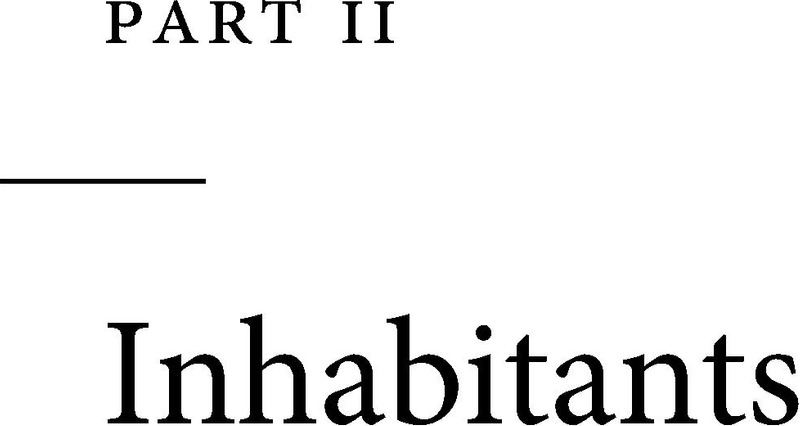Published online by Cambridge University Press: 10 March 2021

The available literature on the population and social structure of Athens is vast and continues to multiply; for that reason, what follows is necessarily selective. For questions of population, a good place to begin is Akrigg 2019, as he references much of the earlier literature on both sides of the population debate. Much of the work on Athenian society has been focused on various groups and statuses. For the phratries, the standard work is still Lambert 1993, but see also Humphreys 2018. For a general examination of status categories in Athens, see Kamen 2013. On questions of gender and citizenship, see Blok 2017. For wealth and poverty, see Taylor 2017, and Kierstead and Klapaukh 2018. On associations in Athens and their connections with citizenship, see Jones 1999, Ismard 2010 and 2018, and Humphreys 2018. On questions of kinship relations, see Humphreys 2018. On metics, the standard work is still Whitehead 1977; for metic women, Kennedy 2014. For slavery, see Vlassopoulos 2009, Lewis and Canevaro 2014, and Lewis 2018.
Additional resources to accompany this chapter can be found at: www.cambridge.org/NeilsRogers
A recent exhibition at the Museum of Cycladic Art on ancient health practices and cults has summary essays on various aspects of health and disease (Stampolidis and Tassoulas 2014). Two collections of papers on ancient health provide a wide range of perspectives on the topic (Hope and Marshall 2000; King 2005). The Phaleron Archaeological Project being conducted at the Malcolm Weiner Laboratory for Archaeological Science of the American School of Classical Studies at Athens has, as of this writing, begun to move from cleaning and preparation to publication of 1,200 skeletons. This enormous cemetery of the early port of Athens will provide an unparalleled view of the lives of ordinary Athenians, slaves, and convicted criminals. Updates are available on the project website: http://phaleron.digital-ascsa.org/.
Additional resources to accompany this chapter can be found at: www.cambridge.org/NeilsRogers
The growing field of Animals Studies has encouraged recent publications on many aspects of ancient Greek (and thus Athenian) animals; e.g., bovines by McInerney 2010, who reflects on their symbolic value and their many functions within ancient Greek culture; birds by Mynott 2018. The best general introduction is Campbell 2014, with chapters organized according to theme, and covering much that is mentioned here, as well the economy, magic, communication, husbandry, metamorphosis, zoology, etc. For classification, terminology, and species, see Calder 2011; Korhonen and Ruonakoski 2017; and the user-friendly collections of Kitchell 2013, and Lewis and Llewelyn-Jones 2018. Fauna are covered by MacKinnon (in Campbell 2014); Ekroth and Wallensten 2013; and see Liston et al. 2018, for dogs found deposited with infants in a second-century bc well in the Agora. For animal fossils and their connections to mythology, see Mayor (in Campbell 2014). Both Kalof 2011 and Campbell 2014 place Greek animals into a wider ancient context. Hybrid creatures in Athenian literature and art are well covered in Padgett 2003 and Aston 2011, while animal-shaped vessels from Athens and elsewhere are the topic of a recent exhibition and well-illustrated catalogue (Ebbinhaus 2018).
Additional resources to accompany this chapter can be found at: www.cambridge.org/NeilsRogers
To save this book to your Kindle, first ensure [email protected] is added to your Approved Personal Document E-mail List under your Personal Document Settings on the Manage Your Content and Devices page of your Amazon account. Then enter the ‘name’ part of your Kindle email address below. Find out more about saving to your Kindle.
Note you can select to save to either the @free.kindle.com or @kindle.com variations. ‘@free.kindle.com’ emails are free but can only be saved to your device when it is connected to wi-fi. ‘@kindle.com’ emails can be delivered even when you are not connected to wi-fi, but note that service fees apply.
Find out more about the Kindle Personal Document Service.
To save content items to your account, please confirm that you agree to abide by our usage policies. If this is the first time you use this feature, you will be asked to authorise Cambridge Core to connect with your account. Find out more about saving content to Dropbox.
To save content items to your account, please confirm that you agree to abide by our usage policies. If this is the first time you use this feature, you will be asked to authorise Cambridge Core to connect with your account. Find out more about saving content to Google Drive.